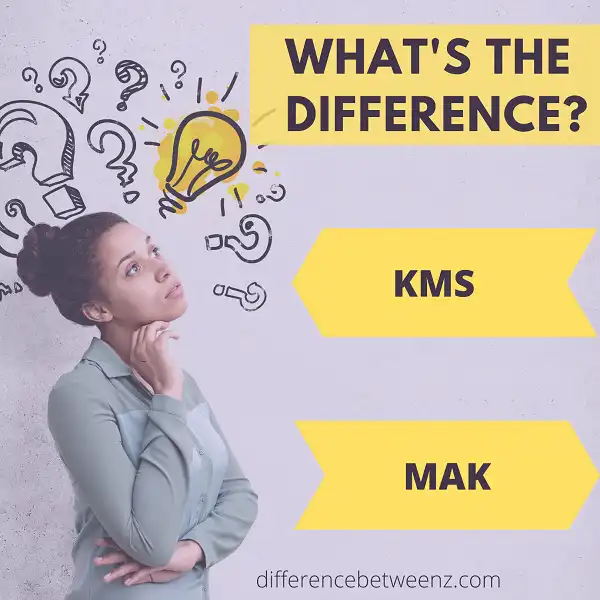Keys Management Service (KMS) and Multiple Activation Keys (MAK) are two different types of Volume License Keys (VLKs) used to activate Windows and Office. Both KMS and MAK have their own benefits, so it can be tricky to decide which one is best for your organization. In this blog post, we will compare and contrast these two types of keys and help you determine which one is right for you.
Stay tuned for the next installment in our series on Volume Licensing, where we’ll take a closer look at how KMS and MAK work!
What is KMS?
KMS Keys Management Service is a key management service for Microsoft products that allows organizations to activate volume-licensed products. KMS uses a client–server approach to provide a centralized way to manage product keys and activation for an organization. KMS hosts are installed on domain controllers, and KMS clients are automatically activated when they connect to the KMS host. KMS can also be used to activate computers that are not joined to a domain, such as workgroup computers or computers in a test environment. KMS provides a number of benefits, including simplified key management, reduced support costs, and improved security. For more information, please see the KMS documentation on the Microsoft website.
What is MAK?
MAK Multiple Activation Keys are volume licensing keys that can be used to activate a limited number of installations of a software product. MAK keys are typically used for corporate deployments, or for situations where many machines need to be activated at once. MAK keys are different from retail keys in that they can only be used to activate a certain number of installations, and they cannot be transferred or resold. MAK keys are also usually more expensive than retail keys. If you need to activate more than a few copies of a software product, MAK Multiple Activation Keys may be the best option for you.
Difference between KMS and MAK
KMS and MAK are two types of product keys that are used to activate Microsoft software. KMS stands for Key Management Service, while MAK stands for Multiple Activation Keys. KMS keys are used in corporate environments, while MAK keys are typically used by smaller organizations or individual users. KMS keys are managed by a central server, while MAK keys are not. KMS keys allow for the activation of an unlimited number of Microsoft products, while MAK keys can only be used to activate a limited number of products. KMS keys must be renewed every six months, while MAK keys do not expire.
Conclusion
In this article, we’ve outlined the key differences between KMS and MAK. We hope that this information will help you make a more informed decision about which product is right for your business.


